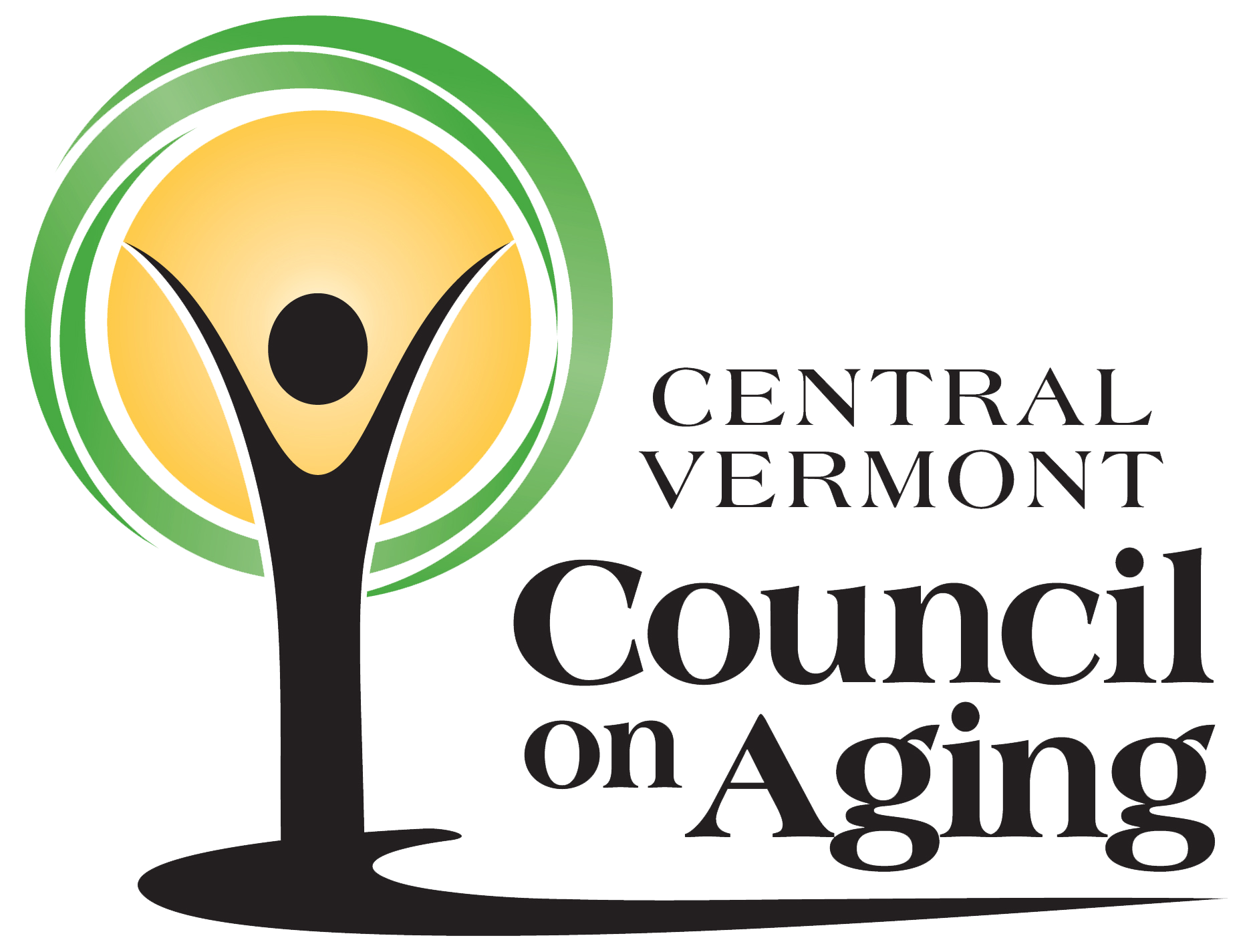Celebrating Ageism Awareness Day on October 7th, 2022
For Immediate Release: September 26th, 2022
Contact: Luke Rackers, [email protected] – 802-479-1953
Central Vermont Council on Aging and the American Society on Aging Joins Allies Across the Globe in Celebration of Ageism Awareness Day
Barre, VT – Central Vermont Council on Aging (CVCOA) and the American Society on Aging will celebrate Ageism Awareness Day on Oct. 7, 2022. Modeled after the United Nation’s International Day of Older Persons (Oct. 1), Ageism Awareness Day provides an opportunity to draw attention to the existence and impact of ageism in our society.
“Aging is not a problem,” says ASA President/CEO Peter Kaldes, “Ageism is. And because of this, we are determined to explore cultural views on aging and portrayals of aging at the individual, community and national levels. We want to reframe how we talk about aging as the natural process of life, shift representations of aging often portrayed in the media as being a period of decline and promote representation of older adults in the arts as the experienced and unique individuals they are, engaged with the well-being of their families, communities, and the world.”
Ageism can affect Vermonters in a variety of ways, from equitable access to healthcare and transportation, to planning welcoming communities for older adults to age in place. “Central Vermont Council on Aging continues to raise awareness about ageism as an important issue for individuals, organizations, and businesses,” says Luke Rackers, Director of Development and Communications at CVCOA. “As the population in Vermont continues grow older, we need to find new ways of addressing ageism so that we can create vibrant, welcoming, and inclusive spaces and communities for all.”
The most widespread and socially accepted form of prejudice, ageism is defined by the World Health Organization as “the stereotypes (how we think), prejudices (how we feel) and discrimination (how we act) towards others or oneself based on age.”
Evidence shows ageism is widespread in society and can be found everywhere, from our workplaces and health systems to stereotypes we see on TV, advertising and in the media.
A few facts about ageism, which affects people of any age and harms all:
•There are many forms of ageism, including internalized, cultural, implicit and benevolent.
•Ageism decreases quality of life and can shorten lifespan by 7.5 years.
•Although it is universal, people do not always take ageism as seriously as they do other forms of inequity.
•Ageism intersects with, and exacerbates, all other discriminatory “isms.”
• In media, underrepresented older adults most often reflect negative stereotypes.
•According to the United Nations, on a global scale, one in two people are ageist.
“The American Society on Aging is reaching out to our members and allies,” adds Kaldes, “to raise awareness about ageism and to put an end to what aging expert Ashton Applewhite describes as a ‘prejudice against our future self.’ ”
About the American Society on Aging
The American Society on Aging unites, empowers and champions everyone striving to improve aging. Since 1954, ASA has developed and led the largest, most diverse community of professionals working in aging in America. As a result, ASA has become the go-to source to cultivate leadership, advance knowledge and strengthen the skills of our members and others who work with and on behalf of older adults.
For further information about ASA, visit www.asaging.org.
###

 -1-.png)
.jpg)